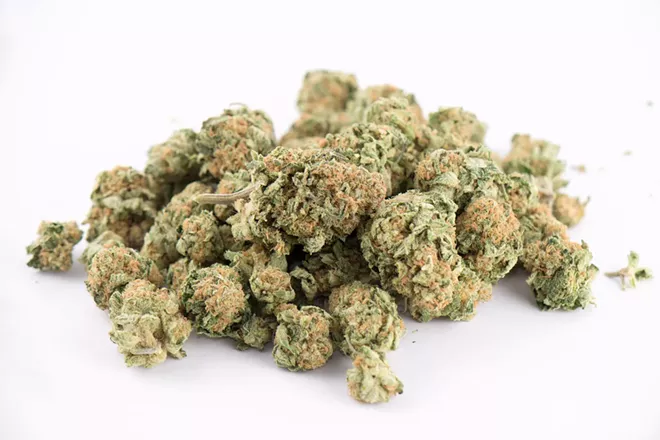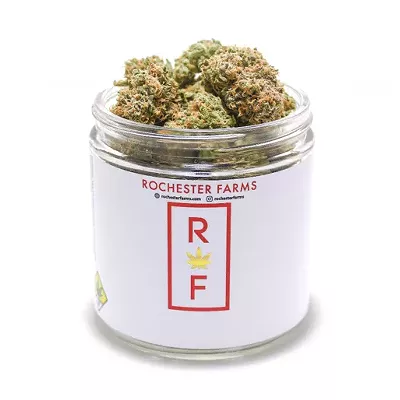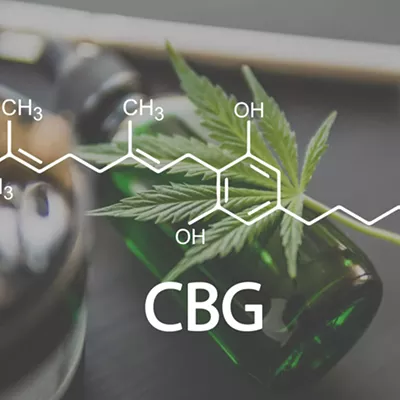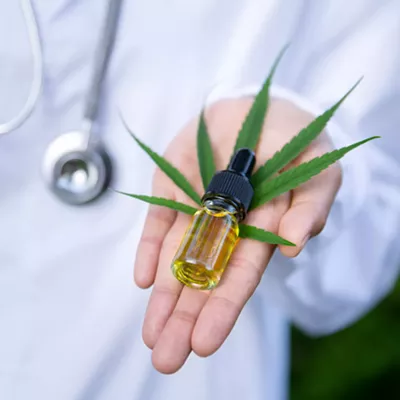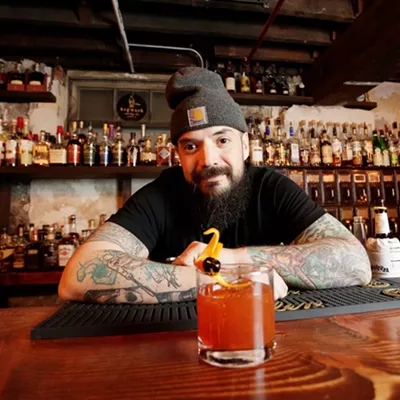Cannabis was legalized by Washington voters 10 years ago this November, but it's been illegal at the federal level since the Marihuana Tax Act of 1937 was signed into law.
Its federal illegality was reaffirmed in 1971 when it was listed on the Controlled Substances Act as a Schedule I drug. Along with heroin, LSD and peyote, cannabis is in the most restrictive of the classifications. Reserved for drugs with high potential for abuse and no accepted medical use, these drugs are illegal to produce or possess.
In order for cannabis — which is legal for recreational use in 19 states, and with a doctor's recommendation in 37 states — to become legal to occur at the federal level, it would need to be removed from Schedule I.
Earlier this month President Joe Biden made headlines by announcing a federal pardon for low level marijuana convictions. Buried toward the bottom of the White House's statement was a potentially far more impactful change in federal cannabis policy. Biden directed his administration to begin a review of cannabis' classification as Schedule I.
"Federal law currently classifies marijuana in Schedule I of the Controlled Substances Act, the classification meant for the most dangerous substances. This is the same schedule as for heroin and LSD, and even higher than the classification of fentanyl and methamphetamine – the drugs that are driving our overdose epidemic," the White House said in a statement.
By undertaking a review of the classification of cannabis as a Schedule I substance, the Biden administration is acknowledging a willingness to reconsider the federal position on cannabis policy that has held firm since before World War II.
The review has been tasked to the offices of the attorney general and the U.S. Department of Health and Human Services, though neither they nor Biden have the power to unilaterally change the status of cannabis. The review the White House has initiated will be passed along to the Food and Drug Administration, which along with the Drug Enforcement Administration will determine if cannabis meets the criteria for inclusion in Schedule I. The FDA and DEA can decide to keep cannabis on Schedule I, move it to a lower schedule or remove it from the list of controlled substances entirely.
Removing cannabis from the Controlled Substances Act would effectively legalize cannabis at the federal level. Moving it to a different schedule would open up the potential for cannabis to be regulated as a prescription drug. However, simply moving cannabis to a different schedule would not legalize, or even decriminalize, the drug. Cocaine, fentanyl and oxycodone are listed on Schedule II, for example, and ketamine is on Schedule III. ♦

